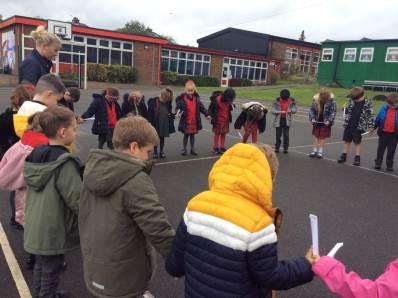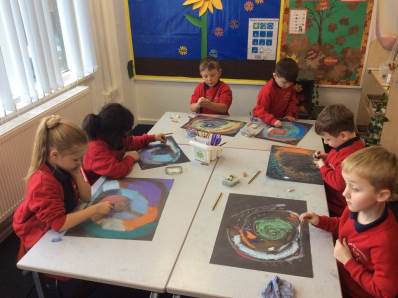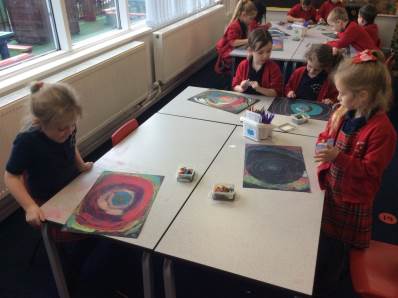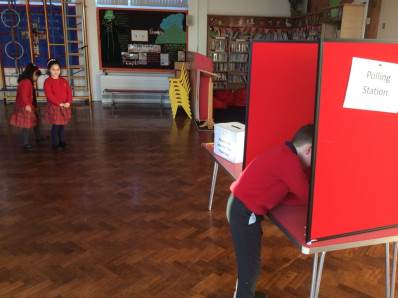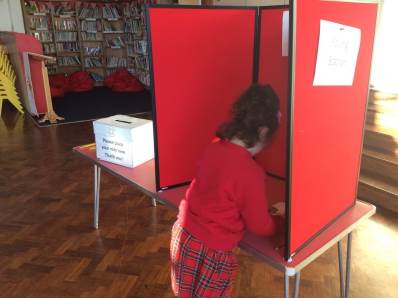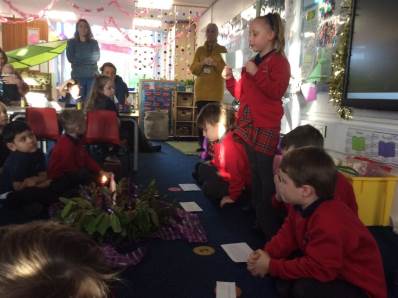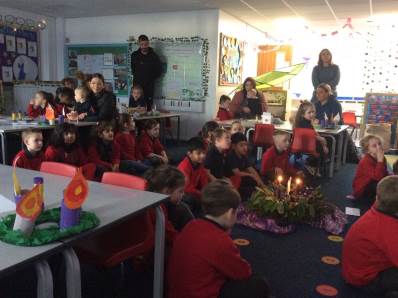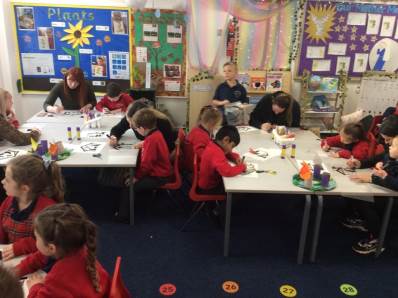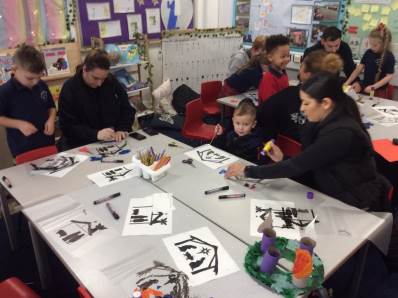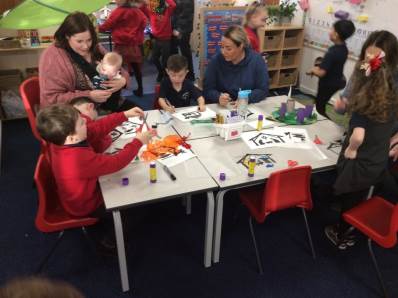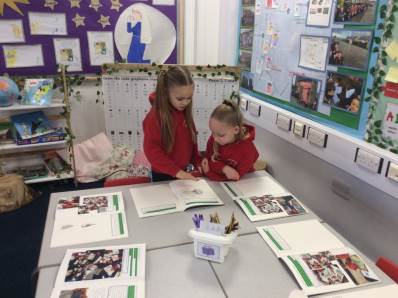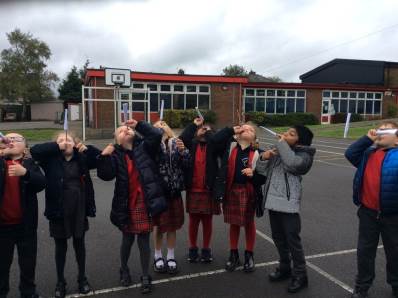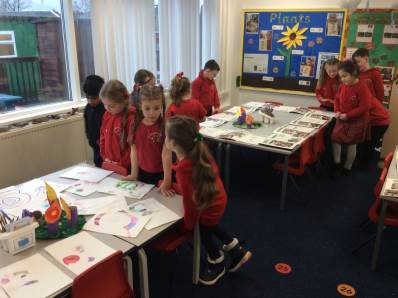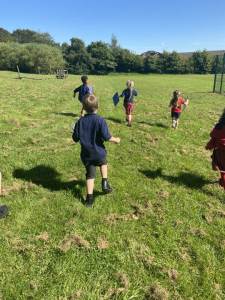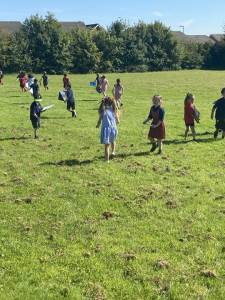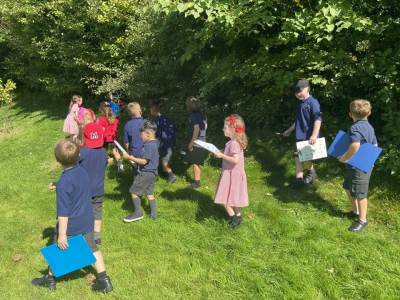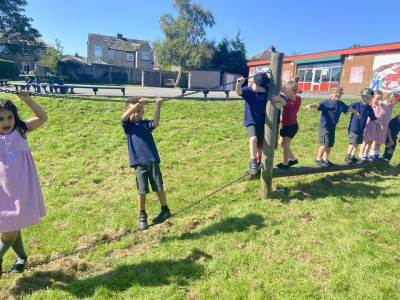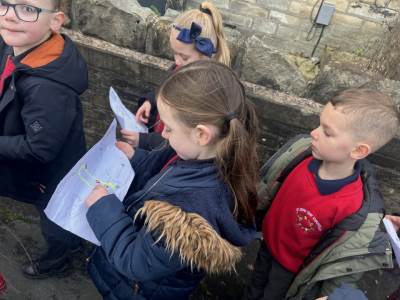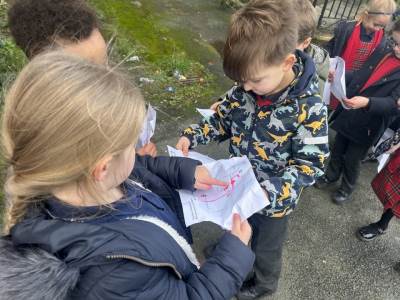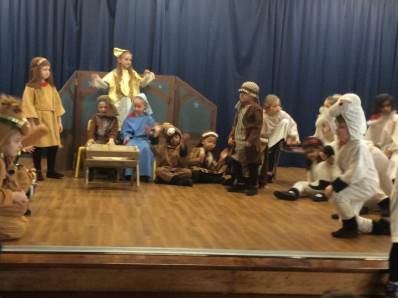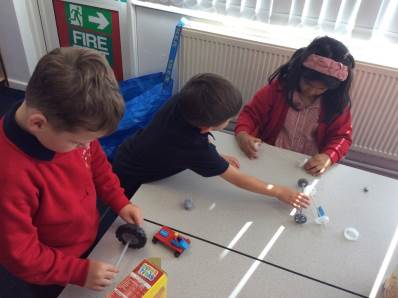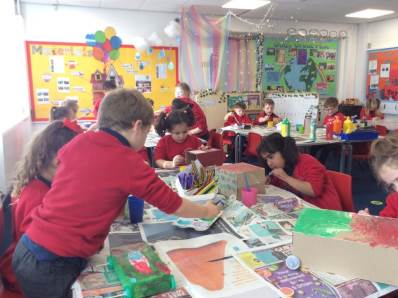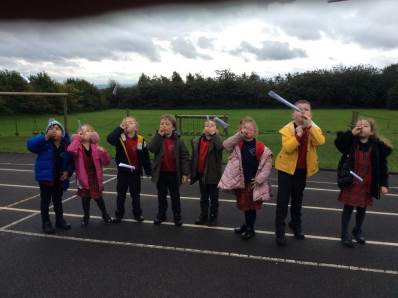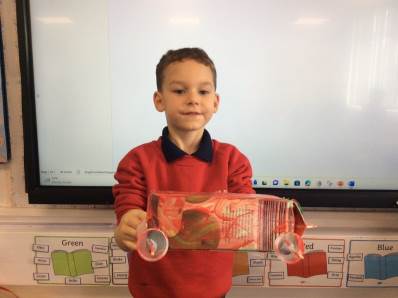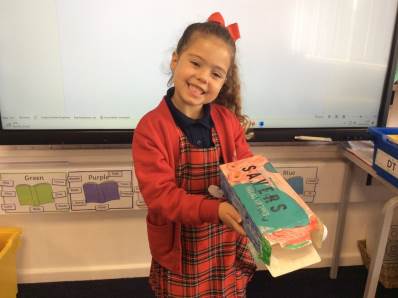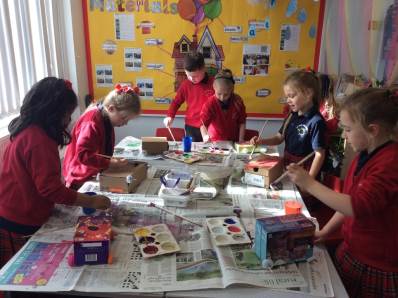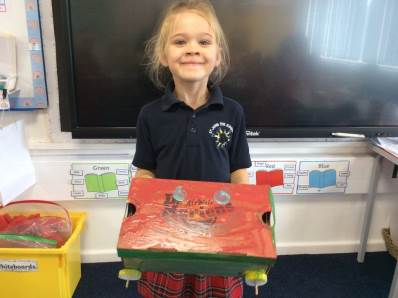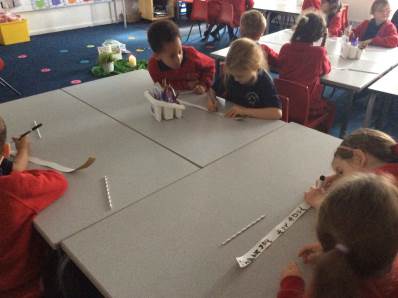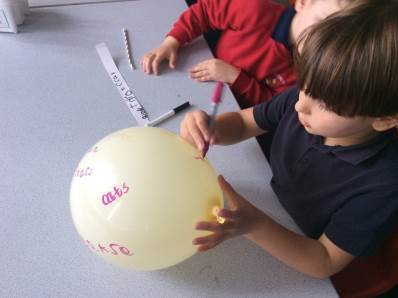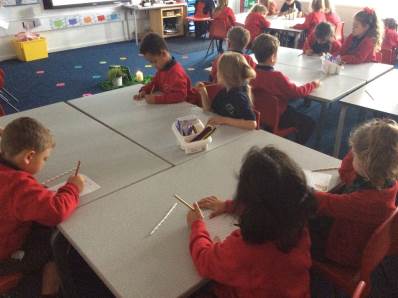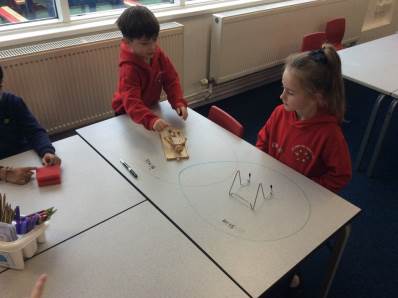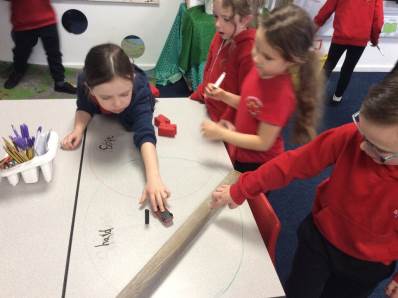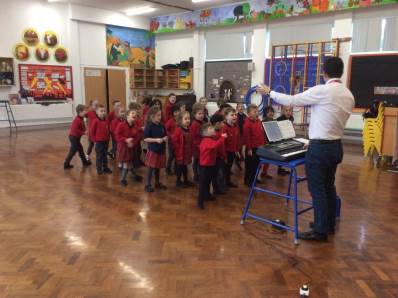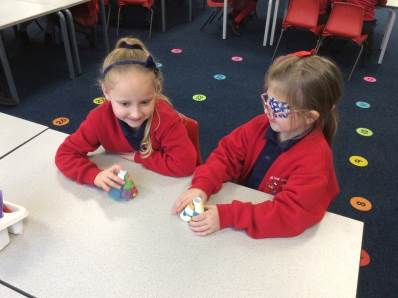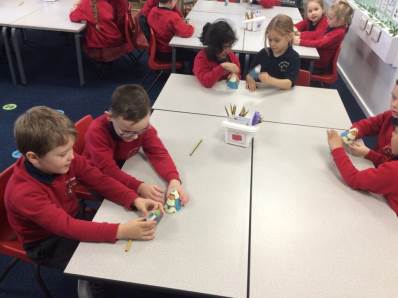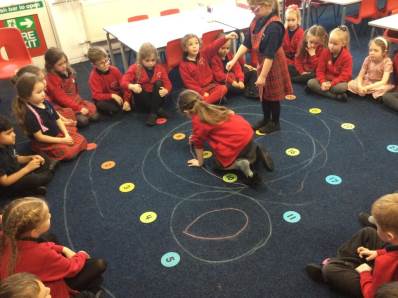Welcome to Year 1's page!
Take a look at some of the exciting activities we do in Year 1.
Year 1 Gallery
Class Teacher : Mrs Dawson
PE
In Year 1 we do PE on a Wednesday therefore please bring your child in their PE on that day. We will do addition short PE sessions throughout the week, however they will not need to be in their PE kit for this.
Homework
-Phonics
Phonics homework is sent out every Thursday with the phonemes we have learnt this week. Please support your child with recognising the phonemes and using them to read and spell the words and sentences on the sheet.
-Reading
Children are sent home with a new book every Tuesday. This is the same book they are reading in school so please ensure it comes back everyday in your child's bookbag. Please support your child by listening to them read their book at least 4 times a week to develop their fluency of reading.
- Topic
Each half term children are sent home with a homework topic sheet (see below). These are tasks they can do at home which will support them with their topic work at school.
Topic homework
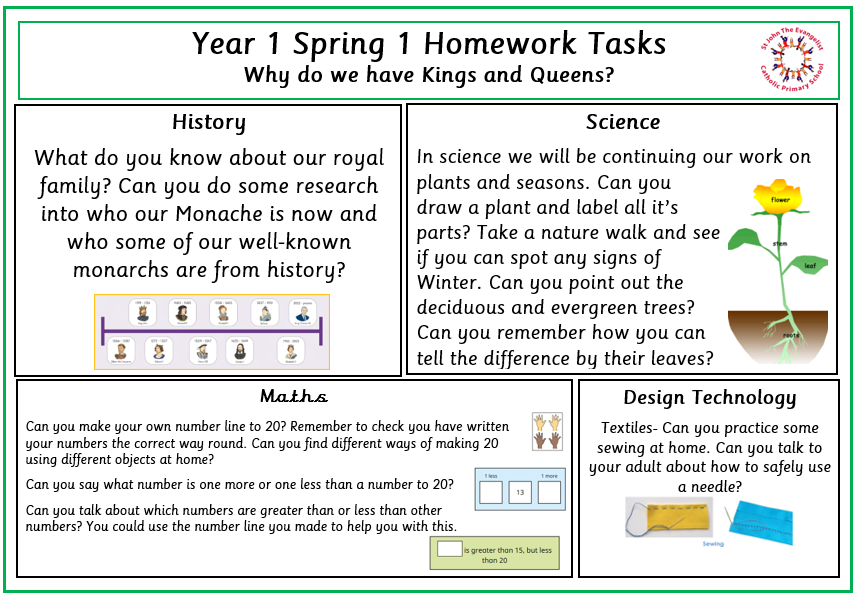
Knowledge Organisers
These are the knowledge organisers for this half term. Knowledge organisers provide you with the key learning and vocabulary that your child will learn. You can support your child's learning by helping them become familiar with the vocabulary and discussing the key knowledge with them as they learn it.
RE Knowledge Organiser 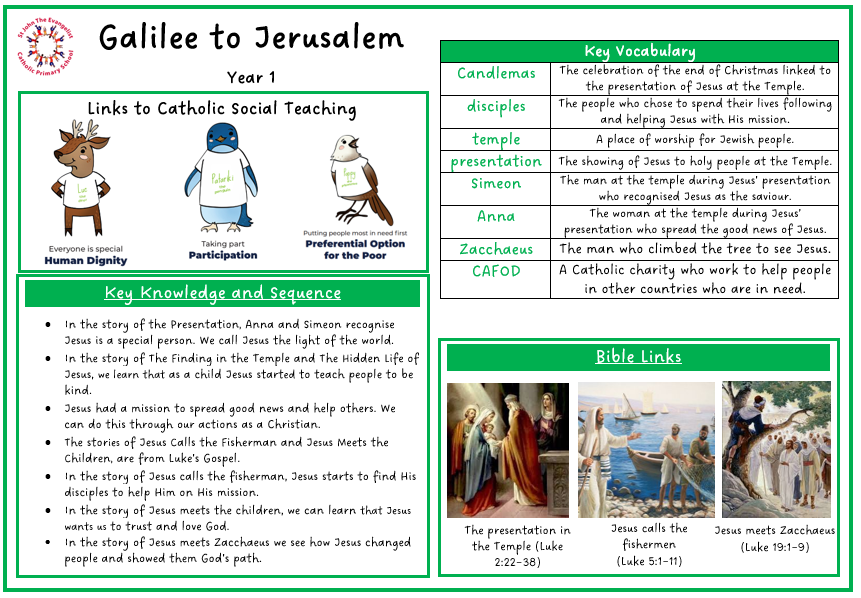
Science Knowledge Organisers
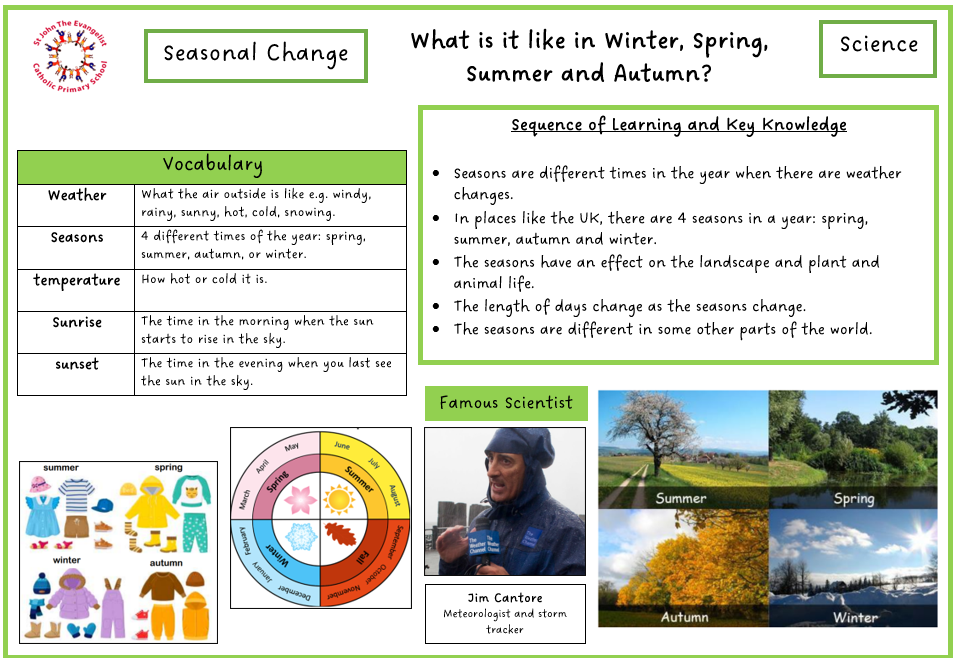
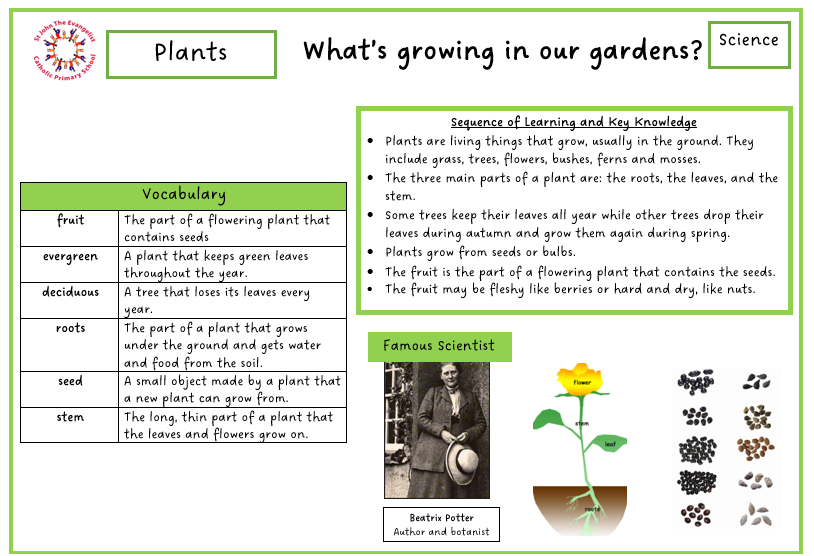
History Knowledge Organiser
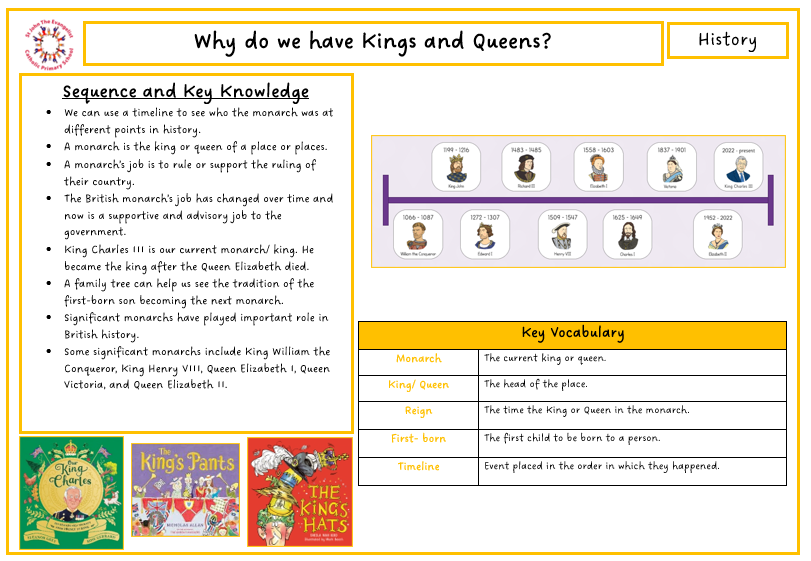 DT Knowledge Organiser
DT Knowledge Organiser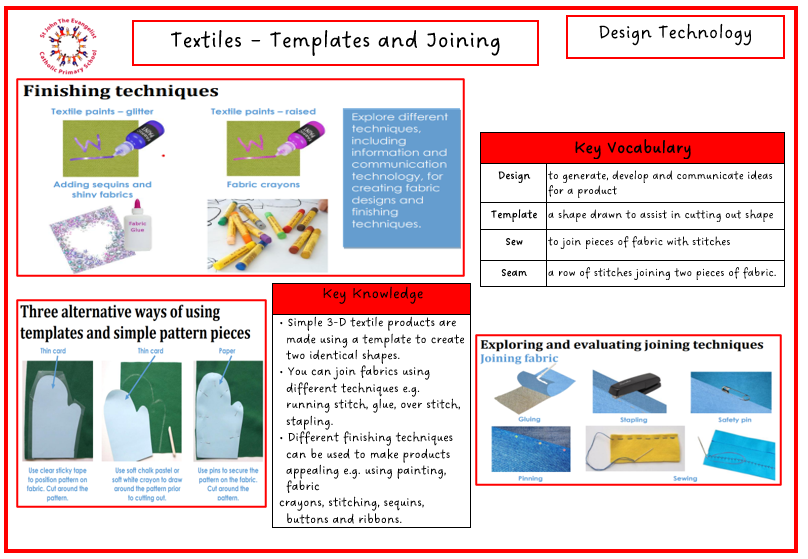
Curriculum
Celebration of the Word of God
In year 1 we cover a wide range of subjects. Every day we take part in a Celebration of the Word of God weather in the classroom or together as a school. In this time we come together to thank God for his gifts to us. We read scripture from the Bible and reflect and respond to this. Once a week the children lead a Celebration of the Word which they plan themselves. We also sing songs and perform liturgical dances which year 1 really enjoy. 
Every day we teach Phonics, Maths and English. During the afternoons we cover science, music, PE, history, geography, art, DT, computing, SMSC, RE and we read 3 times a week. All of these subjects are important however in Year 1 we do put an extra emphasis on reading and phonics to ensure that children have these essential skills at the very start of their school life.
Phonics
At St John the Evangelist we follow the Little Wandle phonics and early reading program. For resources and more helpful support videos, please visit the parents section of the Little Wandle website by following this link. https://www.littlewandlelettersandsounds.org.uk/resources/for-parents/
Phonics is taught in year 1 every day however phonics comes into everything we do. In every subject there is reading and writing therefore the children are constantly using and learning phonics throughout the day. Phonics are the sounds (phonemes) that the letters make in words. The children have already been taught the first 4 phases of phonics whilst in Reception. In year 1 we develop these skills further. In Autumn 1 we will recap phase 3 and 4, before progressing onto phase 5 in November. In phase 5 we learn the different ways some phonemes are spelt. We call this ‘growing the code’. Below are all the different ways we will learn to spell the phonemes we learnt in Reception. Please practice these at home to encourage fluency.

Below is a useful videos of how to say the phase 3 phonemes the children learnt in Reception, and what we will be building on in Year 1. On the Little Wandle website there is a parents section which has more useful videos and information about how we teach phonics. Please visit the website to learn more about how you can support your children with their phonics. https://www.littlewandlelettersandsounds.org.uk/resources/for-parents/
As well as learning the phonemes in words, we also learn tricky words. These are words that we can not decode using the phonemes we have learnt in that phase. Tricky words should be read fluently (without sounding out). Children should be able to read all the phase 2, 3 and 4 tricky words by the time they start Year 1. They should then be able to read all the phase 5 tricky words by the end of year 1. Practice these words regularly to increase fluence of reading.

Reading
In Year 1 reading is very important. This is because at this early stage in their reading development, practice is key. We follow the Little Wandle reading system of reading the same book at least 3 times over a week. These books are matched to each child's exact development in their phonics learning. Each time the children read during the week a different skill is taught whilst developing the children's fluency and confidents. The first time we read the book children work on their decoding of the words. The second time we read the book we learn about the expression we use when reading. After the third time of reading we develop the child's understand of what they have read through comprehension questions.The same book is then sent home on a Tuesday. We ask that parents support their child's reading by also reading this book at least 4 times a week. This means by the end of the week the children should be reading the words fluently (without sounding out each letter).
We also encourage children to read for pleasure through sharing books with adults at school and at home. We have a reading area in our classroom which the children can access. Every Monday morning we all spend some time sharing these books together. Our star of the week also has the job of choosing a book from our class reading area or the school library for us to share at the end of each day. The class have some time each week when they can visit the school library and enjoy the books with their friends. They can choose a book to then take home and share with their families. We also enjoy visiting our local library. Reading should be pleasurable. Please share books with your child and enjoy talking about the story together. This will also increase their pleasure of reading and develop important comprehension skills.






